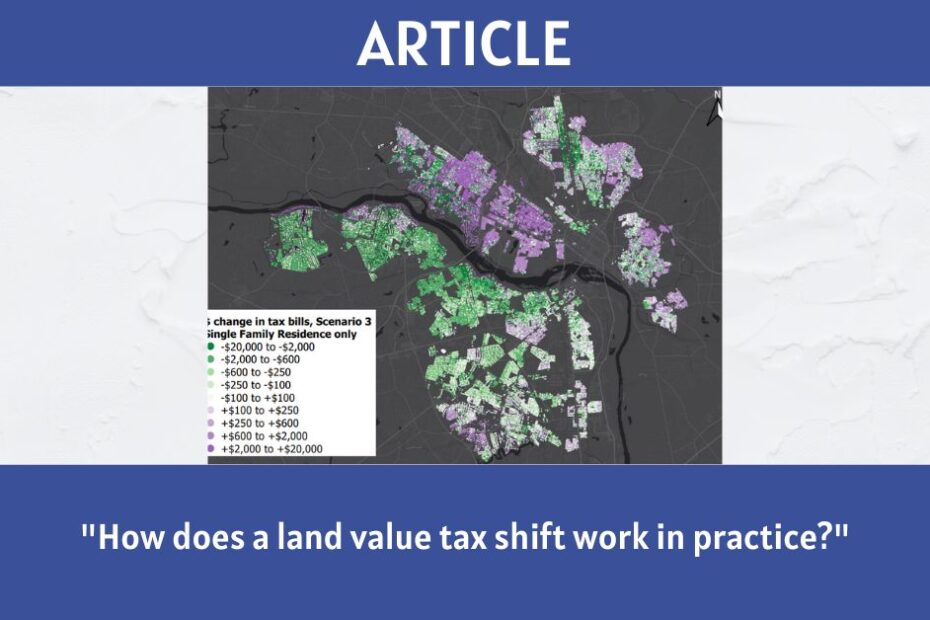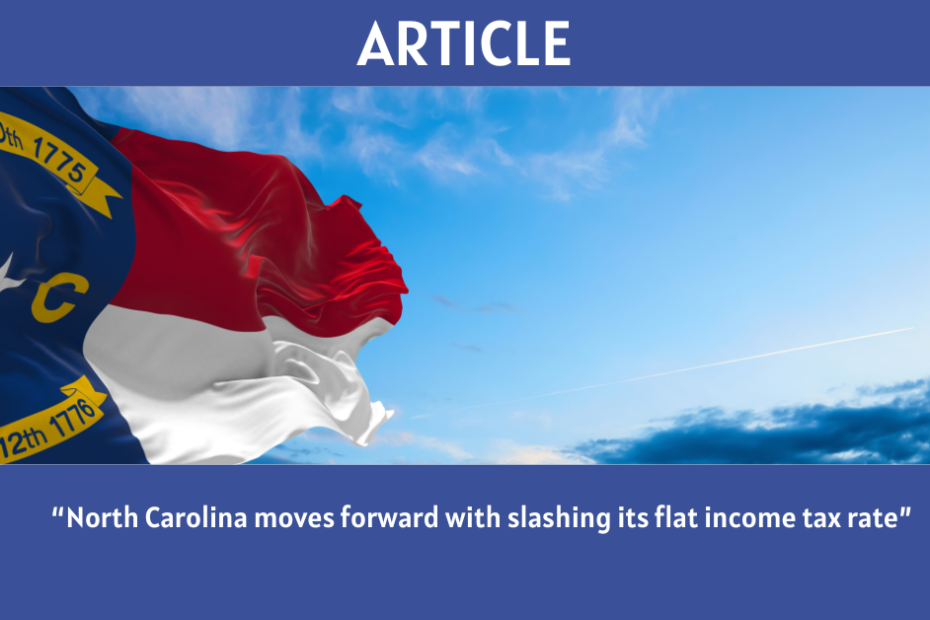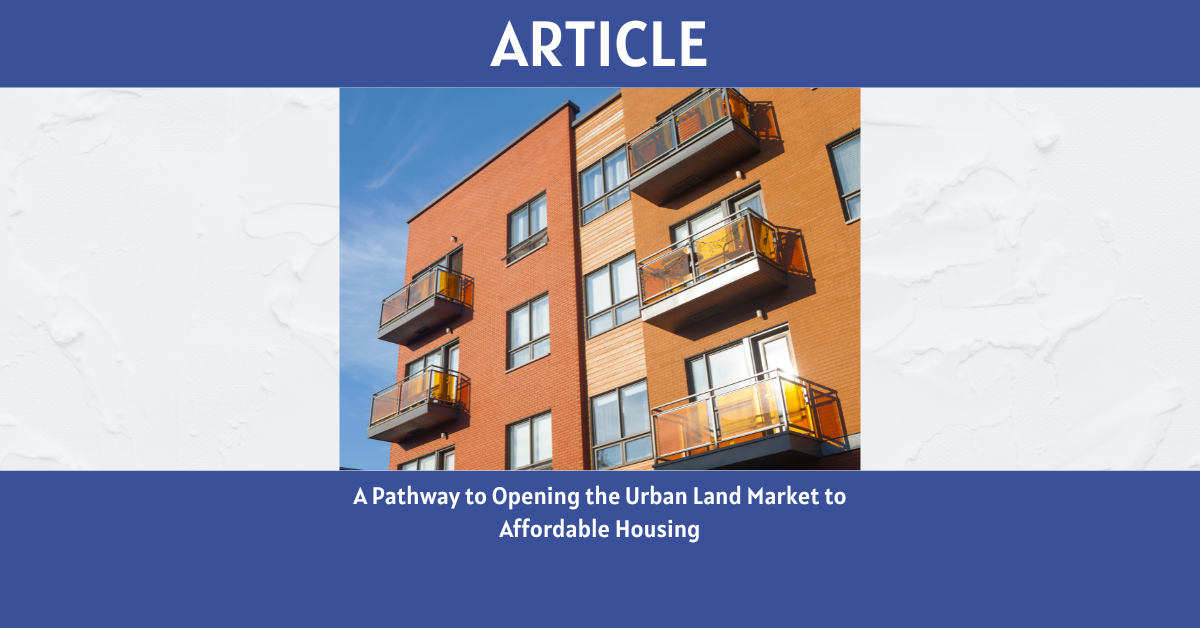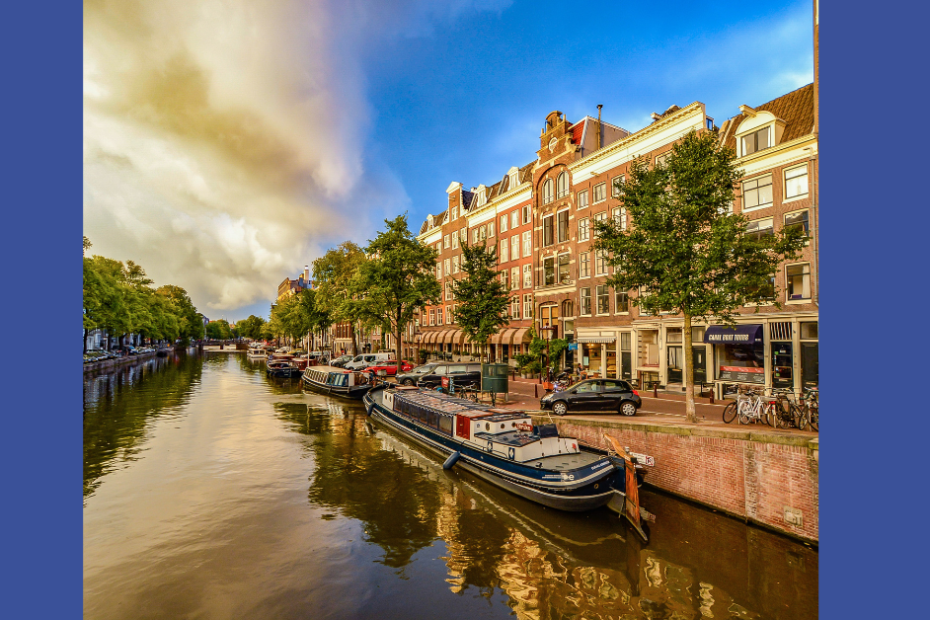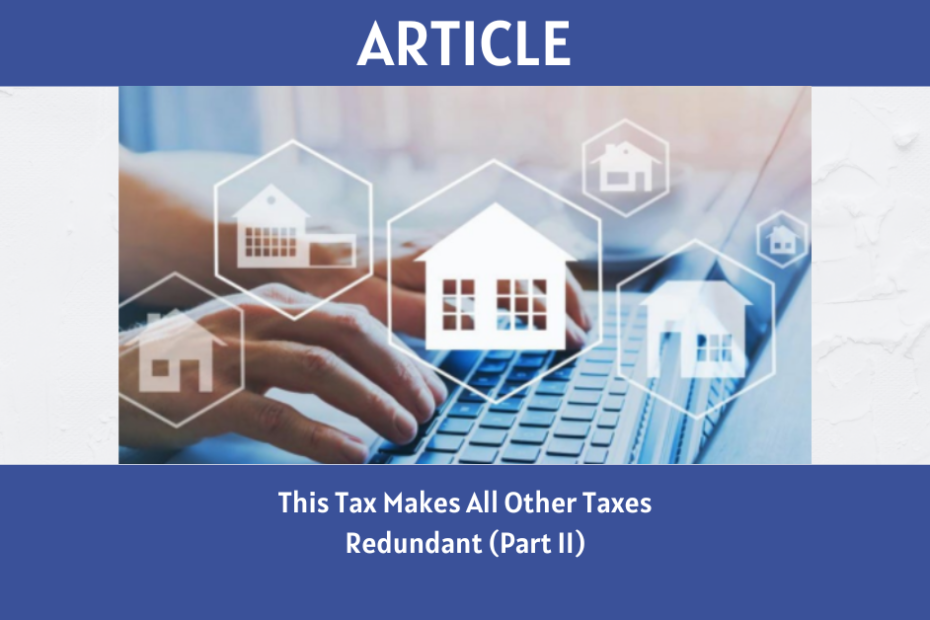After Amsterdam, Rotterdam is the largest Dutch municipality in terms of population. Since the 1970s, this municipality has given out almost all of its new land under ground lease conditions. One of the goals of the ground lease system was to allow the entire community to benefit from the increase in land value, instead of just the individual land owner.
In 2003, however, this objective was explicitly dismissed in Rotterdam. From then on, the increase in value of the land would no longer be collected by the community, but by the user of the land. So the council of mayor and aldermen judged, and probably not entirely coincidentally the first council since World War II without the social-democratic party PvdA. The idea was that individuals should be able to build up their own capital through land ownership and would thus develop a more intensive bond with their living environment. From that year on, private ownership of land became the new standard in Rotterdam and leasehold the exception.
In Amsterdam, too, a council without the social democrats took office in 2014, after the PvdA had been represented in the municipal council for more than a century. More than 125 years ago, Amsterdam had been the first Dutch municipality in which it was decided to issue all land under ground lease conditions. The municipality nowadays still owns about 80 percent of the land. And since its introduction in 1896, the original goal of allowing the increase in the value of land to benefit the community had never been changed.

